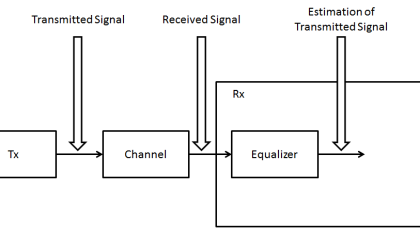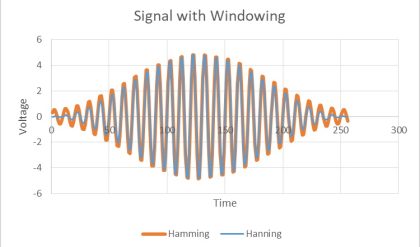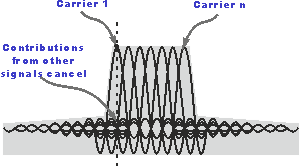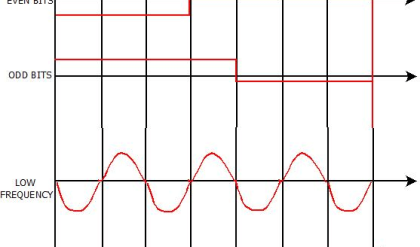In cellular telecommunications, the terms handover or handoff refers to the process of transferring ongoing call or data connectivity from one Base Station to other Base Station. When a mobile moves into the different cell while the conversation is in progress then the MSC (Mobile Switching Center) transfer the call to a new channel belonging to the new Base Station.

When a mobile user A moves from one cell to another cell then BSC 1 signal strength loses for the mobile User A and the signal strength of BSC 2 increases and thus ongoing calls or data connectivity for mobile user goes on without interrupting.
Types of Handoff:
1. Hard Handoff:
When there is an actual break in the connectivity while switching from one Base Station to another Base Station. There is no burden on the Base Station and MSC because the switching takes place so quickly that it can hardly be noticed by the users. The connection quality is not that good. Hard Handoff adopted the ‘break before make’ policy.

2. Soft Handoff:
In Soft Handoff, at least one of the links is kept when radio signals are added or removed to the Base Station. Soft Handoff adopted the ‘make before break’ policy. Soft Handoff is more costly than Hard Handoff.






